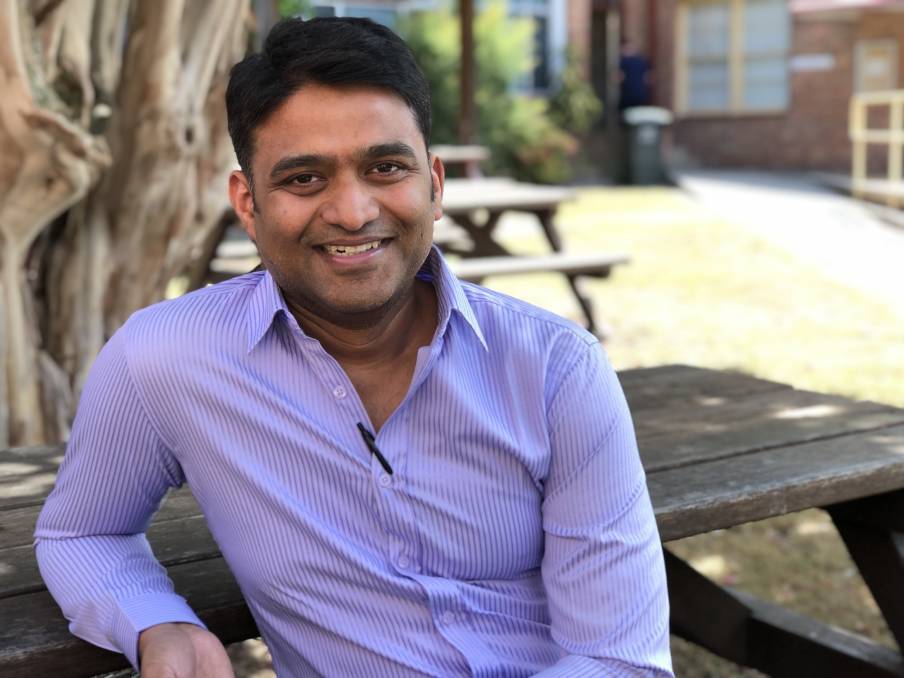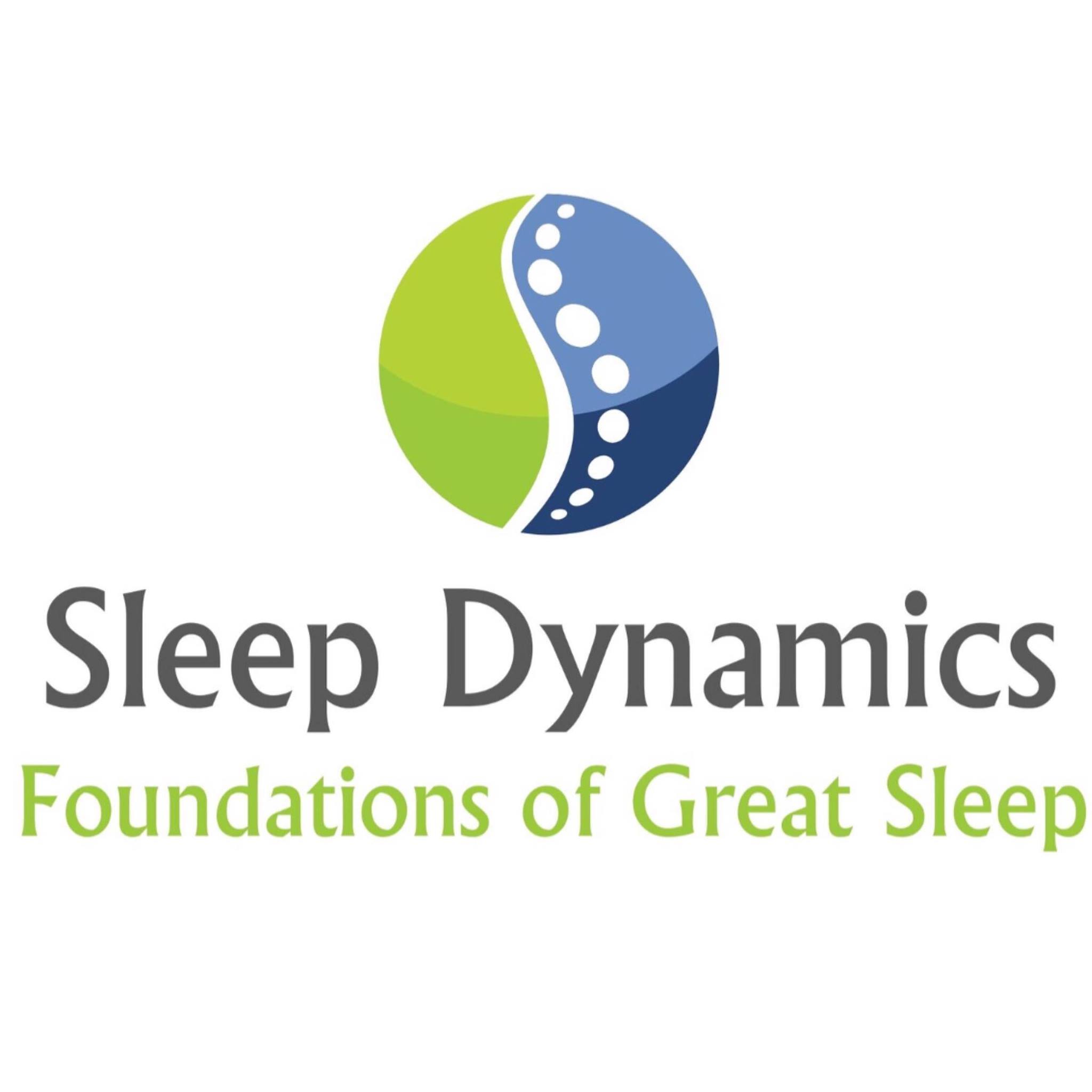Did you sleep well last night?
If you often feel tired or sleepy and struggle to concentrate during the day, you may suffer from a sleep disordered breathing problem.
This is when your airway narrows, possibly making you snore and causing you to stop breathing, which is known as sleep apnea. Your airway may even become totally blocked causing what is called Obstructive Sleep Apnea.
Dr Krishan Gupta, Respiratory and Sleep Medicine Specialist with Mayo and Forster Private Hospitals, explains that Obstructive Sleep Apnea is usually caused by the collapse of soft tissues when the muscles in the back of the throat and tongue relax during sleep. This may stop you breathing for short periods of time, waking you up from a sound sleep. If this keeps happening, you can have very poor quality sleep.
Unfortunately, 75% of severe sleep breathing disorder cases remain undiagnosed.
Obstructive Sleep Apnea is more common in men, women after menopause and people who are over the age of 65 and can cause serious health conditions like high blood pressure, heart disease, stroke and diabetes.
"Lack of sleep caused by sleep apnea is also a known cause of car accidents when drivers fall asleep at the wheel."
How do you find out if you suffer from sleep apnea?
A sleep study called a polysomnogram, which monitors your breathing, brainwaves, heart rate and oxygen levels, can identify if you have sleep apnea.
The most thorough form of polysomnogram can be done by spending the night in a sleep clinic. Local sleep clinics are run at Mayo and Forster Private Hospitals where you are given a private room and invited to make the room as comfortable as possible to help you sleep while the monitoring takes place.
If you sleep best in your own home, you can choose a Home Sleep Test. These are organised locally by Sleep Dynamics and involve you being fitted with a portable device that monitors you while you’re sleeping.
What are the treatment options?
Treatment options vary depending on the cause or severity of your sleep apnea.
Simple treatments can include changes to your sleep position, avoiding alcohol before sleeping or losing a little weight.
You might benefit from wearing a splint or a portable and easily-fitted device that helps keep your airways clear while sleeping.
Sleep apnea sufferers report amazing results after diagnosis and successful treatment.
Please talk to your GP if you often feel tired or sleepy, struggle concentrating, or experience poor memory throughout the day.
A referral to our local sleep clinics and Sleep Specialists at Mayo and Forster Private Hospitals could be life-changing or even life-saving.

Dr Krishan Gupta, Respiratory and Sleep Medicine Specialist at Mayo Private Hospital and Forster Private Hospital.

For more information, visit Mayo Private Sleep Centre or Forster Private Hospital.